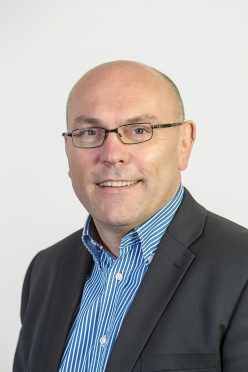Appointing a chief digital officer could help boost Scotland’s economy by £13billion, a new report has claimed.
The Scottish Council for Development and Industry (SCDI), IT trade body ScotlandIS, the Royal Society of Edinburgh and BT Scotland have joined forces to produce a report titled ‘Digital Solutions to the Productivity Puzzle’.
It says that the Scottish Government and all sectors need to focus on using new, world-class digital infrastructure in Scotland for higher economic growth and public service improvements over the next five years.
It calls for similar senior appointments across the public and private sectors to provide stronger leadership on digitalisation and action to recruit, train and continually develop more specialist computer science teachers.
It has been estimated that if Scotland became a digital world leader, GDP would increase £13billion by 2030, compared to £4billion with only incremental improvements, the group claim.
The report also makes recommendations on business transformation, data, skills and infrastructure and joint work to drive up digital adoption, usage, benefits and skills across the Scottish business base.
The recommendations were developed following research commissioned from the economist John McLaren and discussions by senior representatives of the industry and the public and private sectors in Scotland at a Digital and Productivity Forum.
Ross Martin, SCDI Chief Executive, said:“Poor productivity performance compared to our pre-financial crash record and to many other economies has bedevilled the Scottish economy in recent years, holding back growth and prosperity.
“Substantial leaps in productivity are difficult for a developed economy to make, so it will be key to seize this opportunity to work smarter, innovate and internationalise by transforming Scotland into a fully digital nation.
“We recommend the appointment of the first chief digital officer for Scotland to provide leadership, advice and challenge at the most senior levels of government on the frontier of technological progress and similar appointments across the public and private sectors.”
